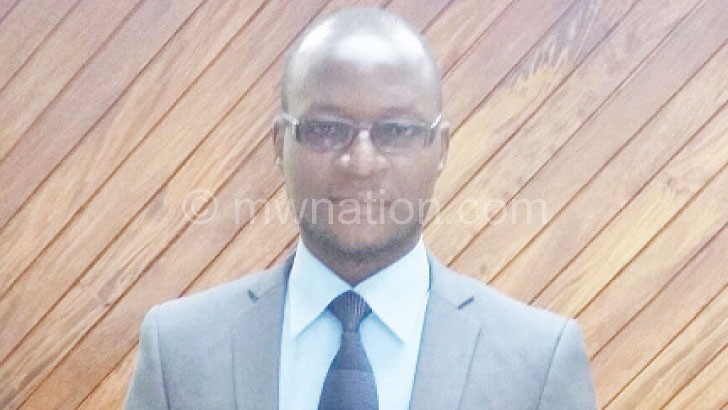Moz conflict can affect Malawi economy
There is growing concern that the continued attacks on Malawi tankers by militia in Mozambique on the Beira route may worsen an already ailing economy following withdrawal of operations on the route by some local transporters.
Road Transport Operators Association of Malawi (RTOAM) has said its members were hesitant to release their tankers into Mozambique while others whose trucks were already in Beira were afraid to let them attempt a trip back home.
The association’s executive director Chrissie Flao in an earlier interview urged members to be vigilant if they decide to take a risk of putting their tankers/trucks on this dangerous corridor.
Flao said the unfortunate and scary thing was that the militia were so daring that they are randomly firing “even on convoys under military escort”.

that conflicts will end soon
The political-conflict in Mozambique is not only threatening levels of fuel supply in the country, but also several businesses of Malawian entrepreneurs, big and small, who import merchandise such as building materials and furniture from China and world over.
For Malawi, the Beira-Malawi route in as far as importing and exporting is concerned is not optional as it takes 80 percent of the country’s imports and exports, meaning any disruption on this route may have an economic impact that may be felt in a very shortest period.
While Malawi Energy Regulatory Authority (Mera) chief executive officer Raphael Kamoto boldly said in a recent statement there was no need to panic, National Oil Company of Malawi (Nocma) said Malawi’s fuel supply remains at the mercy of circumstances in Mozambique which Malawi cannot control.
Nocma communications officer Telephorus Chigwenembe said route disruption is among many other reasons that exist capable to cause breakdown in the fuel supply chain, arguing Malawi cannot claim to be prepared for that with only 15 days of fuel cover, the current reality.
Chigwenembe said: “So far, there are no indications that the security breakdown in Mozambique will end soon, implying that at stake is the lifting of up to 65 percent of the fuel the country needs.”
He said while Beira-Malawi route brings 65 percent, Nacala and Dar es Salaam routes combined bring the remaining 35 percent.
Chigwenembe said: “Recently reported military escorts on the Beira-Malawi route and the option of using Zimbabwe’s oil pipe-line are not sustainable as their success solely depends on unpredictable circumstances prevailing in those countries.”
He said it is for this and other reasons that Malawi in 2013 embarked on Strategic Fuel Reserves construction with a loan from Indian Government to grow the country’s fuel cover to 60 days, with expectation that private oil marketing companies would take a 30 day cover aAnd bring the total to 90 days, as is a recommendation by Southern African Development Community (Sadc).
Petroleum Importers Limited (PIL), a consortium of private fuel importers in the country, declined to comment when Nation On Sunday wanted to seek its views on fuel supplies stability, saying an agreement was arrived to have one spokesperson on this matter, Mera.
PIL general manager Enwell Kadango said in an interview on Thursday that he was coming from a meeting in Lilongwe with Mera over the same fuel issues and agreement was made that Mera would be the sole spokesperson.
Mera’s chief executive officer Kamoto said as at June 20 2016, the country had sufficient internal stock within the required minimum level consumption without replenishing.
But the Parliamentary Committee on Natural Resources and Climate Change chairperson Welani Chilenje Cautioned government to explore alternative routes, warning some people had already started hoarding fuel. n





